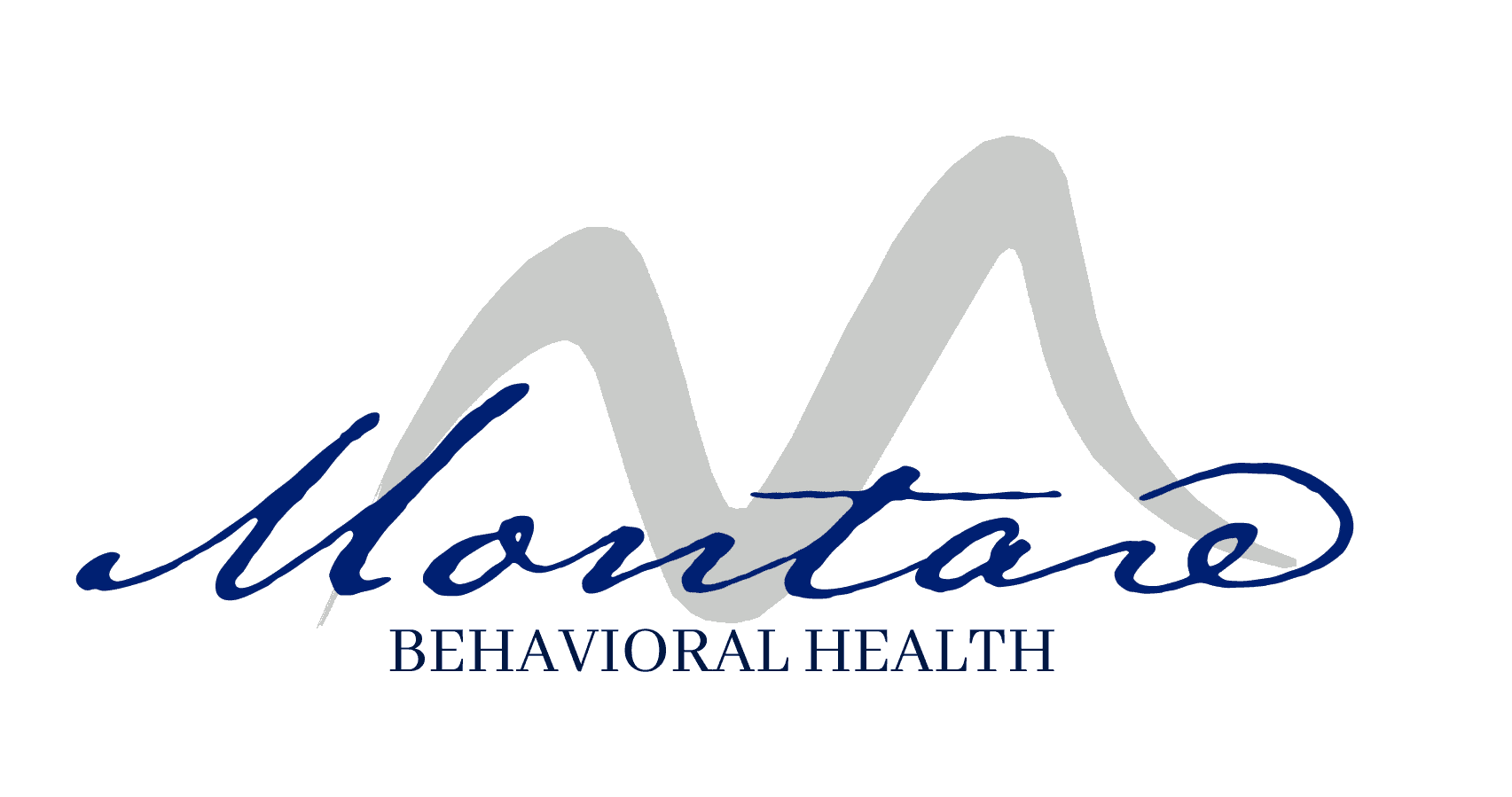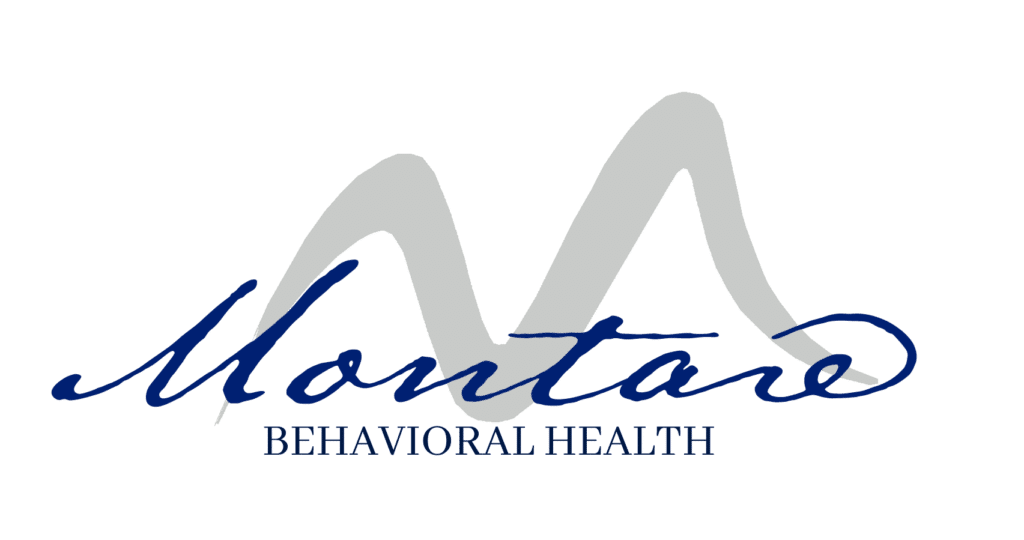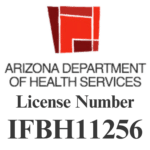Dual Diagnosis treatment provides care for both mental health disorders as well as drug and alcohol addiction. Having both a substance use disorder and a mental health disorder is quite common which is why at Montare Tucson, we have created a world-class dual diagnosis program that includes several innovative types of therapy to help you heal your mind and body together. Our highly trained clinical staff uses their years of experience to help you make progress in improving both your mental and physical health. In a world full of treatment centers, Montare Tucson stands out in the forefront using the newest techniques and technologies for treating mental health and addiction.
Request a Confidential Callback
You have reached the maximum form entries. To contact our admissions team, please call 844-731-1475
What Exactly is a Dual Diagnosis?
Dual diagnosis is a condition that includes having a substance use disorder and a mental health disorder at the same time. This proves to be a more common condition than many might guess. Approximately half of the people who have an addiction to alcohol or drugs also have at least one diagnosable mental illness. The National Survey on Drug Use and Health reports that in 2019 in the U.S., 9.5 million adults had a dual diagnosis.
Because of how common this condition is, we created our dual diagnosis treatment centers Tucson for people in need of specialized care. Montare Behavioral Health of Tucson helps people become sober and learn to manage or overcome their mental health challenges.
Types of Dual Diagnosis Disorders
Any combination of substance use disorders and mental illnesses can happen. Addictions may occur in relation to illegal drugs, prescription drugs, and alcohol. The most common mental illnesses that we treat at our dual diagnosis treatment center include:
- Panic disorder: Often co-occurs with addiction to alcohol and sedative drugs like benzodiazepines.
- Anxiety disorder: Can happen in conjunction with addiction to alcohol and sedative drugs like benzodiazepines.
- Bipolar disorder: Can go hand-in-hand with addiction to alcohol, cocaine, hallucinogens, and opioid drugs.
- Post-traumatic stress disorder (PTSD): Often co-occurs with addiction to alcohol, opioid drugs, and sedative drugs such as benzodiazepines.
- Depression: Can happen in conjunction with addiction to alcohol, sedatives, cocaine, and other stimulant drugs.
- Obsessive-compulsive disorder (OCD): Can co-occur with addiction to alcohol, opioid drugs, and sedative drugs like benzodiazepines.
- Attention-deficit/hyperactivity disorder (ADHD): Can happen in conjunction with addiction to alcohol, sedative drugs like benzodiazepines, and opioid drugs.
- Schizophrenia: Often co-occurs with addiction to alcohol, amphetamines, and hallucinogens.
How Dual Diagnosis Treatment Centers in Tucson, Arizona Work
Dual diagnosis treatment involves using multiple therapeutic modalities in order to provide the most effective treatment possible for each person. Our residential program requires people to live in our facility while receiving constant care around the clock. We provide a homey environment, meals, and 24/7 support from medical and psychological staff.
Types of Therapy
To make sure each person has optimal choices for help, we offer multiple types of therapy. They address needs related to both improving mental health and overcoming addiction. Some can be done one-on-one while others can be done in small group settings. The types of therapy we offer at our dual diagnosis treatment centers in Tucson include:
Individual Therapy: People with dual diagnosis often feel shame about their conditions. One-on-one sessions with a trusted person with whom they can discuss their feelings and experiences in private help the individual speak candidly and begin planning for getting better.
Cognitive Behavioral Therapy (CBT): CBT teaches people to recognize distorted thoughts and unhealthy behavior patterns that keep them rooted in a cycle of a dual diagnosis. They can then develop problem-solving skills that help them resist relapse and make better choices.
Dialectical Behavioral Therapy (DBT): Similar to CBT, DBT assists in helping people regulate their emotions, understand their situations better, and change unhealthy behaviors.
Holistic Therapy: The holistic type of therapy addresses the need to heal a person’s mind, body, and spirit simultaneously. This proves helpful for both healing from a mental illness and overcoming addiction.
Group Therapy: This allows people who experience dual diagnosis to gather together and offer and receive peer support among those who truly understand each other’s experiences.
Family Therapy: Families can learn to understand what dual diagnosis is about and discover effective ways to support their loved ones in their recovery.
Mindfulness: Someone with dual diagnosis typically has difficulty identifying their emotions and thoughts and how they correlate to the choices they make. Mindfulness therapy helps them make effective choices related to their mental health and staying sober.
Motivational Interviewing Therapy: This helps increase a person’s ability to resolve ambivalent feelings they have so they can stay motivated to overcome their insecurities and stay sober.
Signs & Symptoms of a Dual Diagnosis
Indications that someone has a dual diagnosis vary, depending on the substance abuse and the mental health disorder involved. Some common signs and symptoms of a dual diagnosis include:
- Using drugs or alcohol in order to alleviate mental health-related symptoms, such as depression or anxiety
- Hiding usage of substances from loved ones
- Regularly experiencing symptoms such as anxiety, depression, hopelessness, paranoia, irritability, or panic attacks
- Attempting to stop using substances but not being able to do so or experiencing withdrawal symptoms
- A family history of mental illness
- Poor performance at work or in school
- Isolating and withdrawing from relationships and hobbies


Benefits of Our Tucson, AZ Dual Diagnosis Treatment Centers
We provide many benefits to attending our dual diagnosis treatment centers in Tucson. First, our program is residential, which allows people to leave behind the stressors of their daily lives. Staying with us helps put the focus on healing without any distractions.
Treating both addiction and mental health disorders at the same time helps people make progress faster. As well, when a person improves in one area, it often affects another one. For example, someone might abuse alcohol in order to alleviate symptoms of depression. As their depression is treated and improves, they likely will feel less of a need to drink. Alternatively, someone who has a substance use disorder may end up developing a mental illness as a result, such as anxiety. When they receive help to become sober, it can reduce and eliminate the symptoms of an anxiety disorder.
Contact Our Dual Diagnosis Treatment Centers in Tucson, Arizona
A mental health disorder or substance use disorder can complicate a person’s life. When they have both conditions, it becomes crucial to seek help from dual diagnosis treatment centers in Tucson. Doing so allows the individual to improve both their physical and mental health at the same time. Montare Behavioral Health of Tucson provides a multi-disciplinary treatment that helps a person overcome their addiction. They work on improving their mental health at the same time.
If you have questions about how we can help, visit our admissions page now. We can help you decide if our program is right for you or someone you love.


